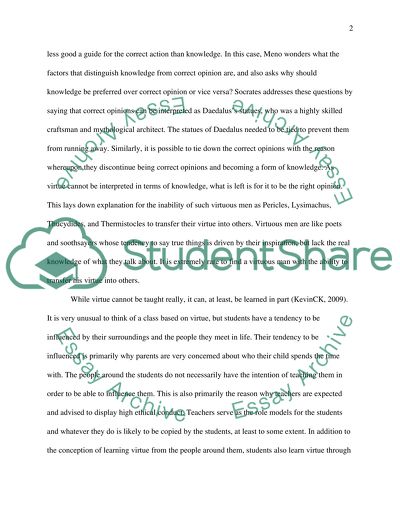Cite this document
(“Theories about whether or not virtue can be taught Essay - 93”, n.d.)
Theories about whether or not virtue can be taught Essay - 93. Retrieved from https://studentshare.org/philosophy/1650089-essay
Theories about whether or not virtue can be taught Essay - 93. Retrieved from https://studentshare.org/philosophy/1650089-essay
(Theories about Whether or Not Virtue Can Be Taught Essay - 93)
Theories about Whether or Not Virtue Can Be Taught Essay - 93. https://studentshare.org/philosophy/1650089-essay.
Theories about Whether or Not Virtue Can Be Taught Essay - 93. https://studentshare.org/philosophy/1650089-essay.
“Theories about Whether or Not Virtue Can Be Taught Essay - 93”, n.d. https://studentshare.org/philosophy/1650089-essay.


